arlier this year, as news came through of continued unrest in Haiti, my heart ached. Memories of my life-changing experience there came flooding back.
In Dublin in the summer of 2010, I received a call from the Soul of Haiti Foundation asking if I wanted to spend three months in Haiti to work on a project called Brand Haiti, aimed at communicating a new and positive image for the country. I had always wanted to spend time working in a developing country, not a one-off trip to build houses, but a job where I could use my business skills and experience to try to make a difference in that country. The opportunity had never arisen, until now. Two weeks later I was in Port-au-Prince and my initial three-month plan extended to an incredible two years.
I must admit, before I arrived all I really knew about the country was a little bit of its history and, of course, the 2010 earthquake. I was working with an Irish NGO during that time, and the response to the emergency was incredible. From the media coverage, I had the perception of Haiti being a country destroyed, a violent place with high risks of kidnapping, not a country you would want to spend much time in, certainly no more than three months.
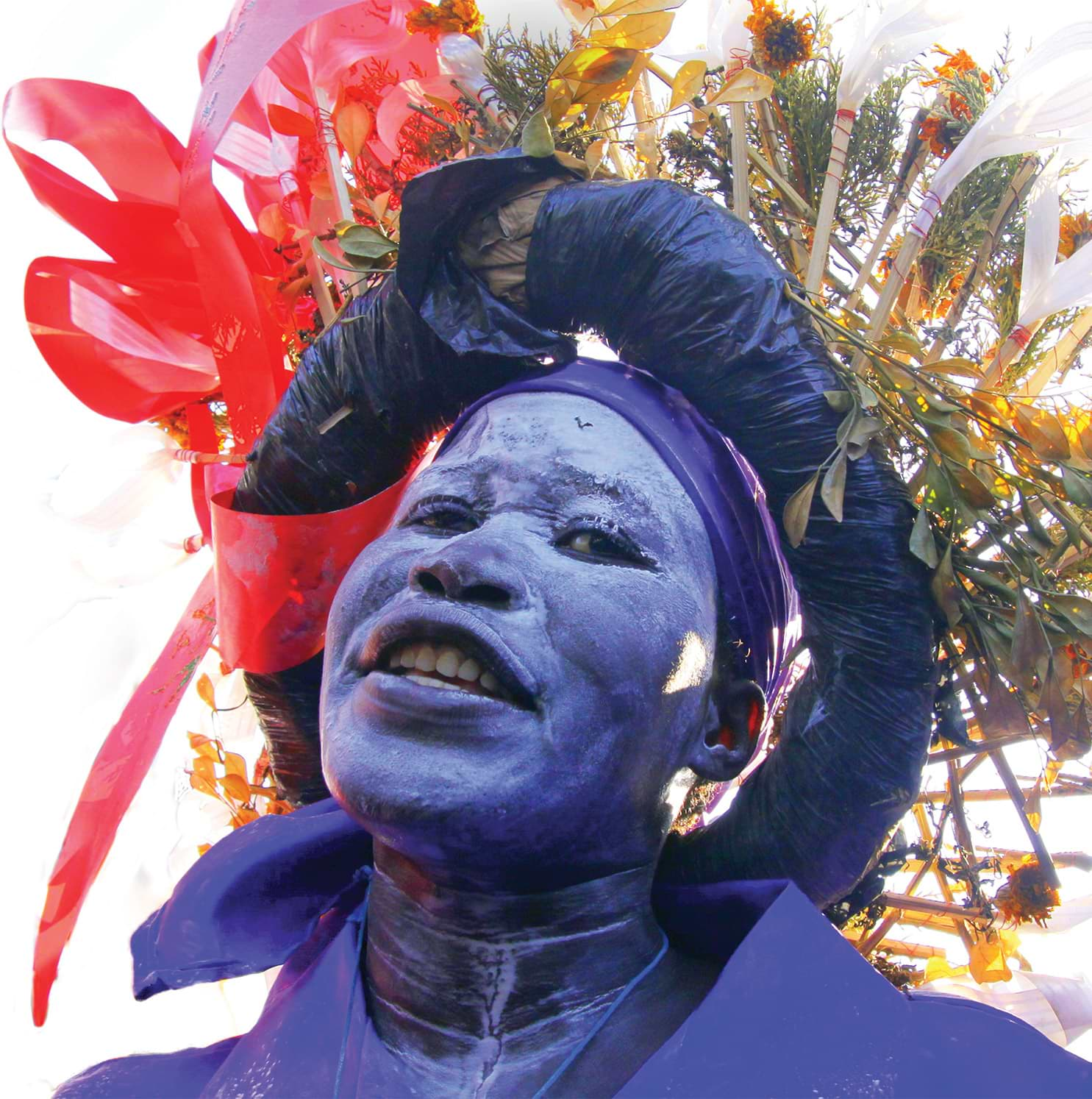
arlier this year, as news came through of continued unrest in Haiti, my heart ached. Memories of my life-changing experience there came flooding back.
In Dublin in the summer of 2010, I received a call from the Soul of Haiti Foundation asking if I wanted to spend three months in Haiti to work on a project called Brand Haiti, aimed at communicating a new and positive image for the country. I had always wanted to spend time working in a developing country, not a one-off trip to build houses, but a job where I could use my business skills and experience to try to make a difference in that country. The opportunity had never arisen, until now. Two weeks later I was in Port-au-Prince and my initial three-month plan extended to an incredible two years.
I must admit, before I arrived all I really knew about the country was a little bit of its history and, of course, the 2010 earthquake. I was working with an Irish NGO during that time, and the response to the emergency was incredible. From the media coverage, I had the perception of Haiti being a country destroyed, a violent place with high risks of kidnapping, not a country you would want to spend much time in, certainly no more than three months.
What I experienced was truly an eye-opener. Haiti is one of the most beautiful countries in the Caribbean. It is a country steeped in history, with a proud culture of music, food, dance and art. It is a country full of opportunities for business, with a huge workforce ready to get the country back on its feet.
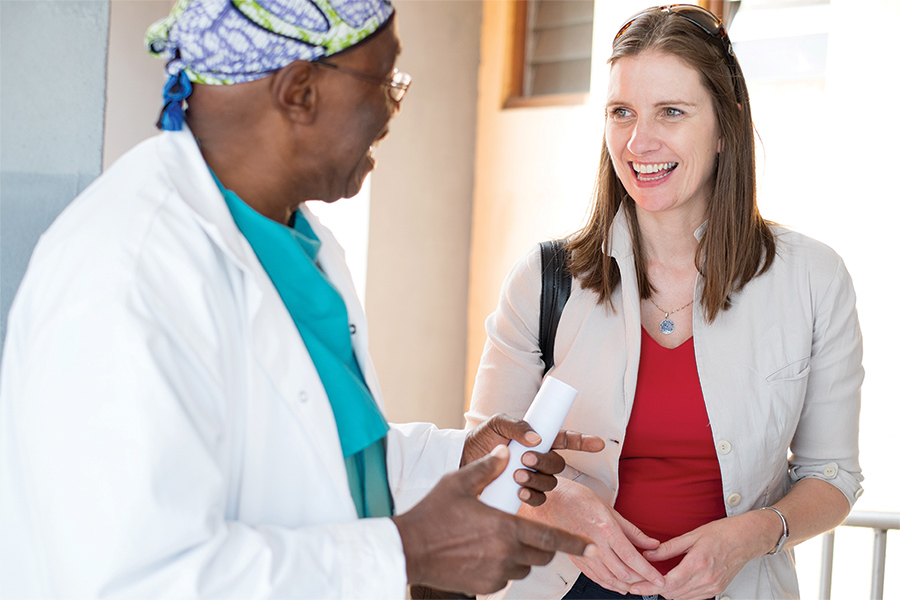
The Brand Haiti project offered many benefits to the country: tourism, foreign direct investment, export promotion, international reputation. However, none of this could happen without building a sense of national pride and confidence among its people. The brand had to be something that would engage the people of Haiti, something they believed in and that would provide economic benefits.
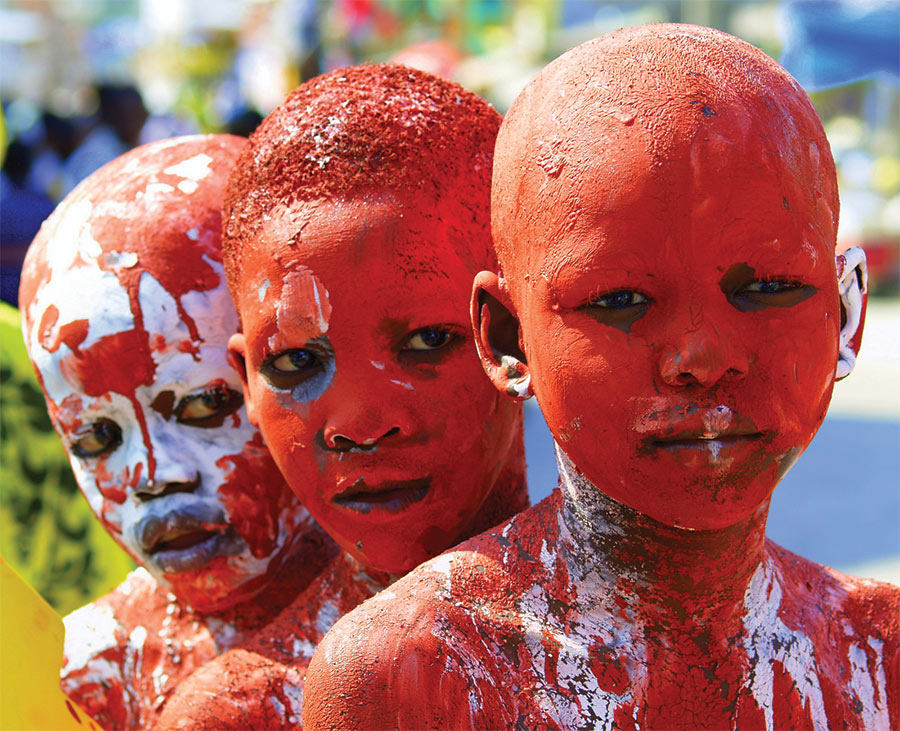
I expected to learn about their vision for themselves and their country. I didn’t expect to learn so much about myself in the process. I am formally trained in business, manage my time closely and like being very organized. These traits are beneficial in many circumstances, but leading this project meant adjusting myself to other people’s schedules and ways of working, oftentimes stepping back and allowing things to develop organically.
I learned how best to bring people from different backgrounds together and build a shared vision. This meant honing my listening skills and recognizing non-verbal cues so that I could draw out valuable input from those who may have never been asked for their thoughts nor felt that they had anything to contribute.
These skills have enriched my development as a leader and became foundational upon my return to Ireland in 2012. Training in traditional settings is important, but knowledge alone is not enough without the lived experience to truly develop our leadership skills.
This is why Haiti was so important to my own development. It gave me an incredible opportunity to immerse myself in the unknown, learn from both my successes and failures, and, most significantly, learn from those around me, at all levels and from all sectors of society.
The key learnings from my time in Haiti has further evolved my leadership style up to the present day:
- Allow time for creativity and critical thinking. There’s no arguing that organization skills and attention to detail are important; however, when you allow yourself space to consider a different approach and are open to criticism, it opens a door where work can truly shine. The added spark that emerges can be the difference between a satisfactory outcome and an extraordinary one.
- Pause and listen. A lot of emphasis is placed on the importance of good listening skills among successful leaders. When dealing with differing audiences though, it’s even more important to understand what is possibly not being said. I’ve learned that in most cases the key to drawing out the richest of information from people is to pause. For example, when conducting interviews or talking to stakeholders, once a question is asked and the initial response made, I don’t respond immediately. I find that people tend to expand their response in a more natural and honest way in this space.
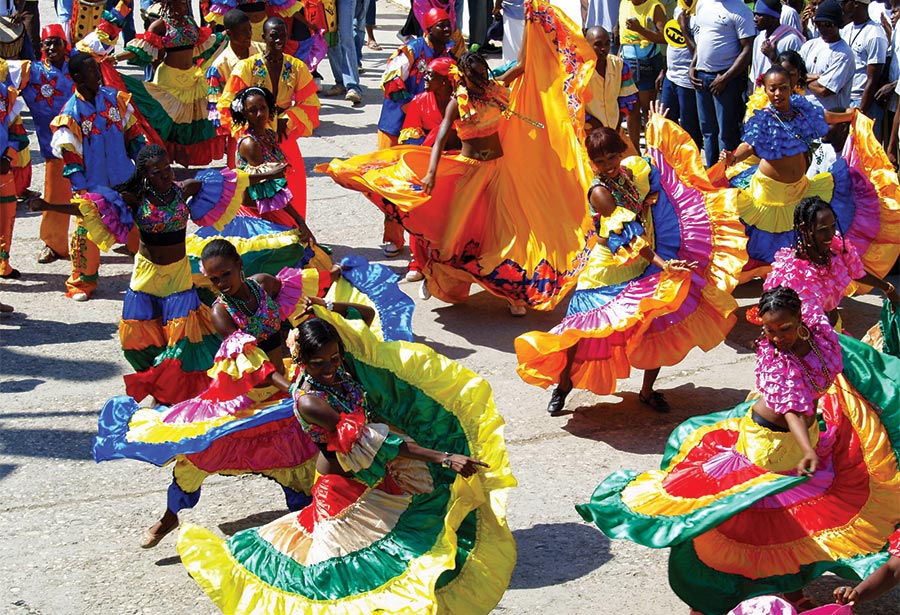
- Communicate to change. I often feel that I live in a constant state of change. But for me, that’s what leadership is all about: seeking ways to do things better and adapting to lead the changes that are necessary. Many people resist change, as it leads to unknown territory and they feel comfortable with the status quo, however flawed it may be. Leaders must be excellent communicators in all areas, be it relationship building, negotiation, advising or conflict resolution. Without these skills, we cannot be the leaders who bring people along and into the journey.
When I returned to Ireland, I had the self-confidence to move forward into a leadership role. I am now Chief Executive Officer of CBM Ireland, a role I thoroughly enjoy and one that adapts as the needs of the organization change. CBM is a Christian international development organization committed to improving the lives of people with disabilities in the poorest countries in the world. This includes delivering development projects with partners in more than 50 countries, providing support during emergencies resulting from natural disaster or conflict and fighting to protect the human rights of people with disabilities.
My work day is never the same, but our mission — an inclusive world where no one is left behind — remains a constant in everything I do, and is a mantra which I believe is paramount to the success of any leader.
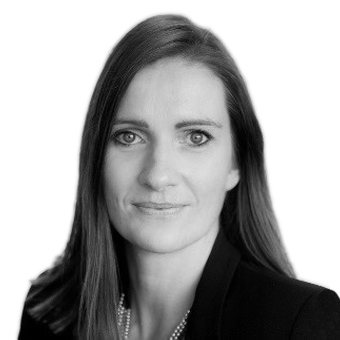
Sarah O’Toole is Chief Executive Officer of CBM Ireland, a Christian international development organization dedicated to improving the quality of life of people with disabilities in the poorest countries of the world. She has considerable experience both in the corporate and not-for-profit sector in the areas of strategic planning, business development, relationship management, communications and leadership. O’Toole is a Media Team volunteer with Special Olympics International and a Board Member of Dóchas, the Irish Association of Non-Governmental Development Organizations. She holds a Masters in International Strategic Marketing from DCU Business School in Dublin, Ireland.
Sarah O’Toole is Chief Executive Officer of CBM Ireland, a Christian international development organization dedicated to improving the quality of life of people with disabilities in the poorest countries of the world. She has considerable experience both in the corporate and not-for-profit sector in the areas of strategic planning, business development, relationship management, communications and leadership. O’Toole is a Media Team volunteer with Special Olympics International and a Board Member of Dóchas, the Irish Association of Non-Governmental Development Organizations. She holds a Masters in International Strategic Marketing from DCU Business School in Dublin, Ireland.